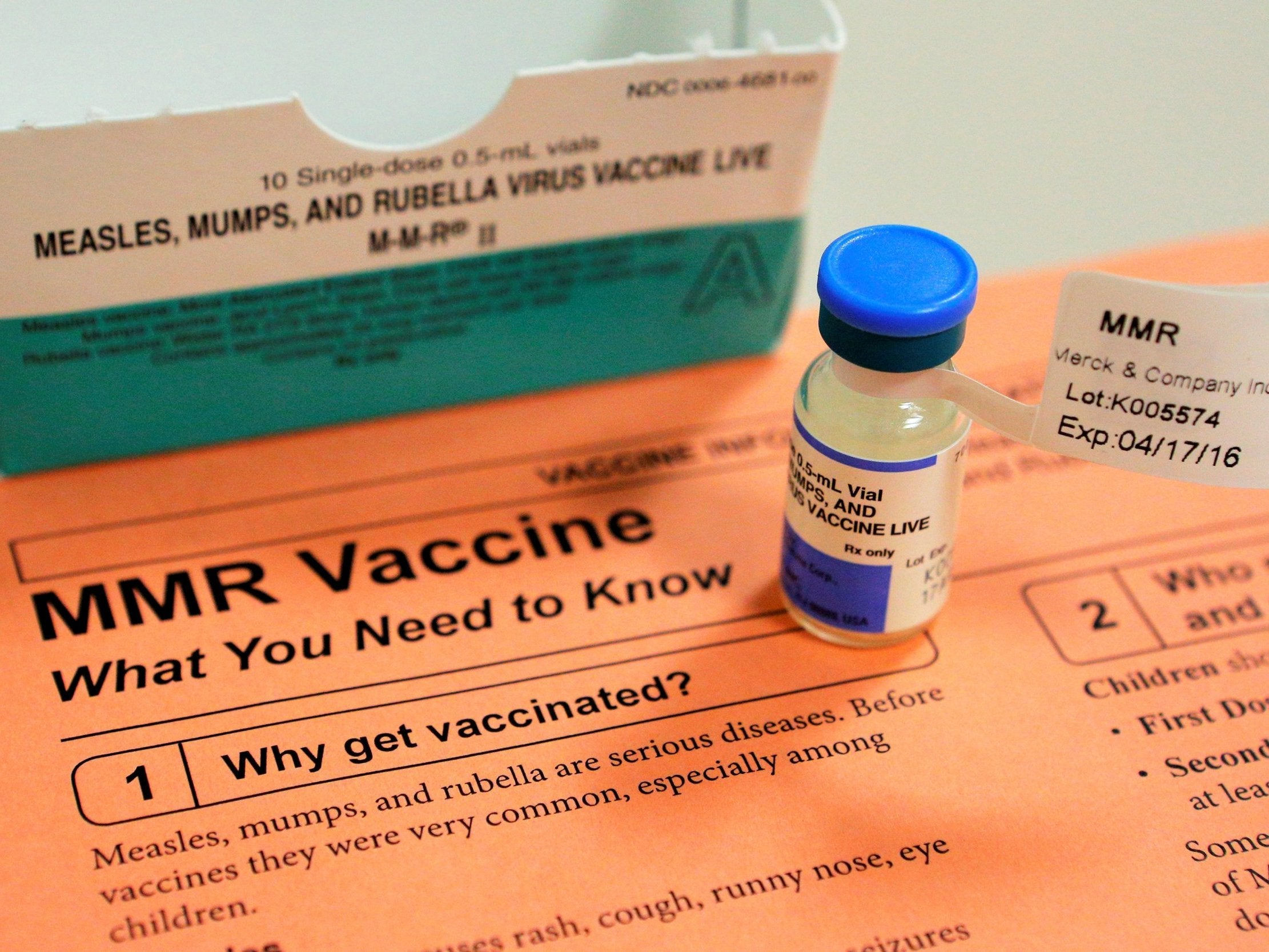Measles outbreak in New Zealand reaches 20 confirmed cases
Cases rising globally as parents shun MMR vaccine

A measles outbreak in New Zealand has widened to 20 confirmed cases, with officials warning the number is expected to rise.
Thousands of vaccines have been sent to health centres in the Canterbury district after they began running out since the start of the outbreak in February.
By Sunday, 3,000 vaccines for measles, mumps and rubella (MMR) had arrived and 18,000 more are to be delivered to the region by Wednesday.
Measles cases are rising globally, including in wealthy nations such as the US and Germany.
Some parents have sunned the vaccines mostly for philosophical or religious reasons, or over concerns, debunked by medical science, that the vaccines against MMR could cause autism.
“It can now be assumed that measles is circulating widely in our community,” the Canterbury District Health Board said in a statement.
The latest outbreak came from people who were thought not fully immunised.
People are considered immune if they have received two doses of the MMR vaccine, have had a measles illness previously, or were born before 1969.
“Unimmunised people who come within two metres (6.56ft) of an infectious person, however briefly, have a 90 per cent chance of contracting measles,” the board said.
New Zealand’s ministry of health said in a statement in late February that since 2012 all cases of measles in New Zealand came from travellers bringing the disease from overseas.
Even though the vaccine is highly effective, around 110,000 people died from measles globally in 2017, according to the World Health Organisation (WHO).
Most of them were children under the age of five.
In February, a measles outbreak in Madagascar killed nearly 1,000 children.
In the same month, an unvaccinated French boy was suspected of reintroducing measles to Costa Rica after the country had been free of the disease for five years.
Additional reporting by Reuters
Join our commenting forum
Join thought-provoking conversations, follow other Independent readers and see their replies
0Comments